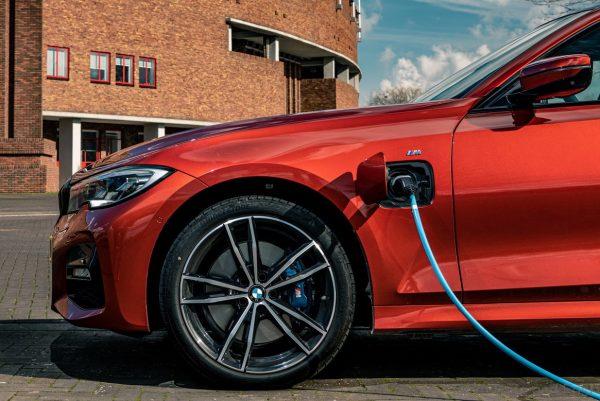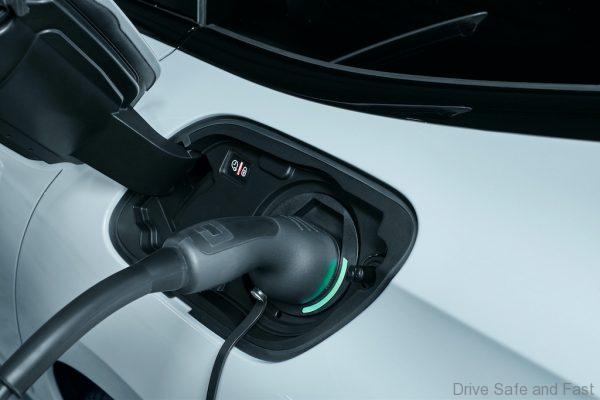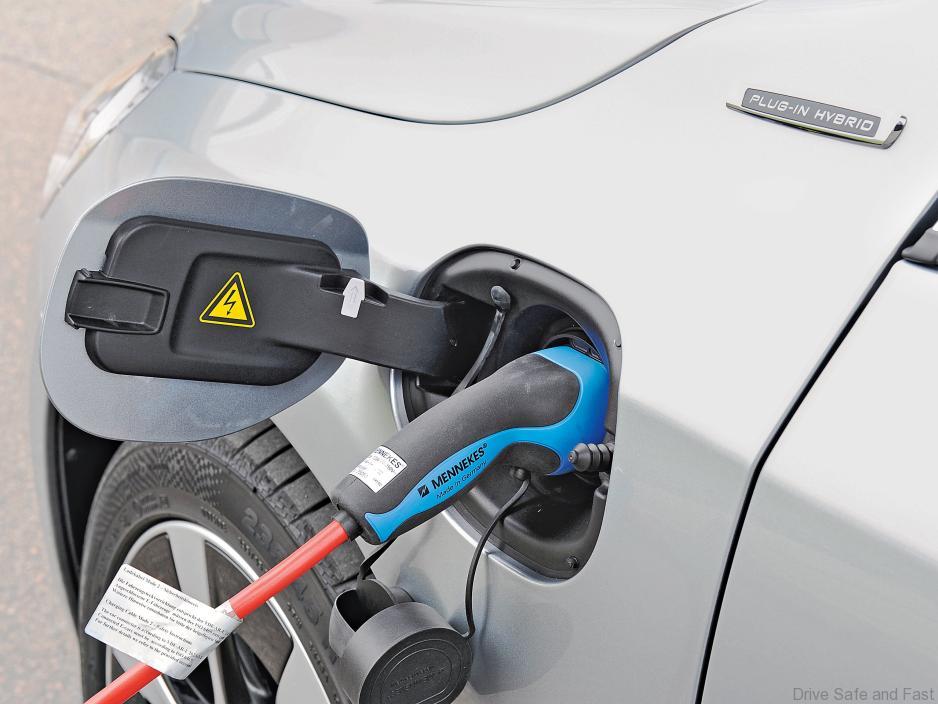It looks like PHEVs will no longer be encouraged in the EU past 2025.
The automotive industry has been transitioning away from fossil fuels and into alternative forms of energy over the last 5 years or more. However, for many reasons, most legacy carmakers are hesitant to leave behind petrol and diesel motors altogether. Instead, they’d like to move one step at a time, introducing parallel hybrid models, plug-in hybrid (PHEV) models and then making mild hybrids the ‘norm’ in all cars before considering going fully electric.

This is how the strategy has been rolling out so far, and most would have thought this would be the way for the next decade. However, a recent shift in EU policy shows that things might be accelerated soon.

The new rules are still being drafted, but all indications point towards PHEVs being actively discouraged past the year 2025. They’d do this by banning manufacturers from labelling PHEVs as “sustainable investments” beyond 2025. Currently, PHEV technologies are subsidised. However, this may not be the case for much longer as China and the US has shown that pure electric vehicle technology has come far enough for the transition stage to look very outdated and unnecessary.

Not only that, studies from the International Council on Clean Transportation in September said PHEVs’ fuel consumption and CO2 emissions are up to four times the level they are approved for. This is because most PHEV owners are just not charging their vehicles as often as they are theorised to.

The European NGO Transport & Environment said its own research showed that when driven in combustion-engine mode, PHEVs were actually worse in terms of CO2 emissions than their petrol equivalents. This is of course because they’re much heavier.
Understandably, this puts more of a strain on European car manufacturers, who now have to accelerate their EV plans and discard PHEV technology in just a few short years. To us, the entire appeal of PHEVs were in the tax subsidies. For whatever reason, the entire industry was able to lobby not just the EU but even the Malaysian government to get great prices on these products. And when it comes to premium cars, customers always want more equipment and bling for their buck.

But as it turns out, PHEVs and regular hybrids seem to have much worse resale value than their petrol counterparts.


